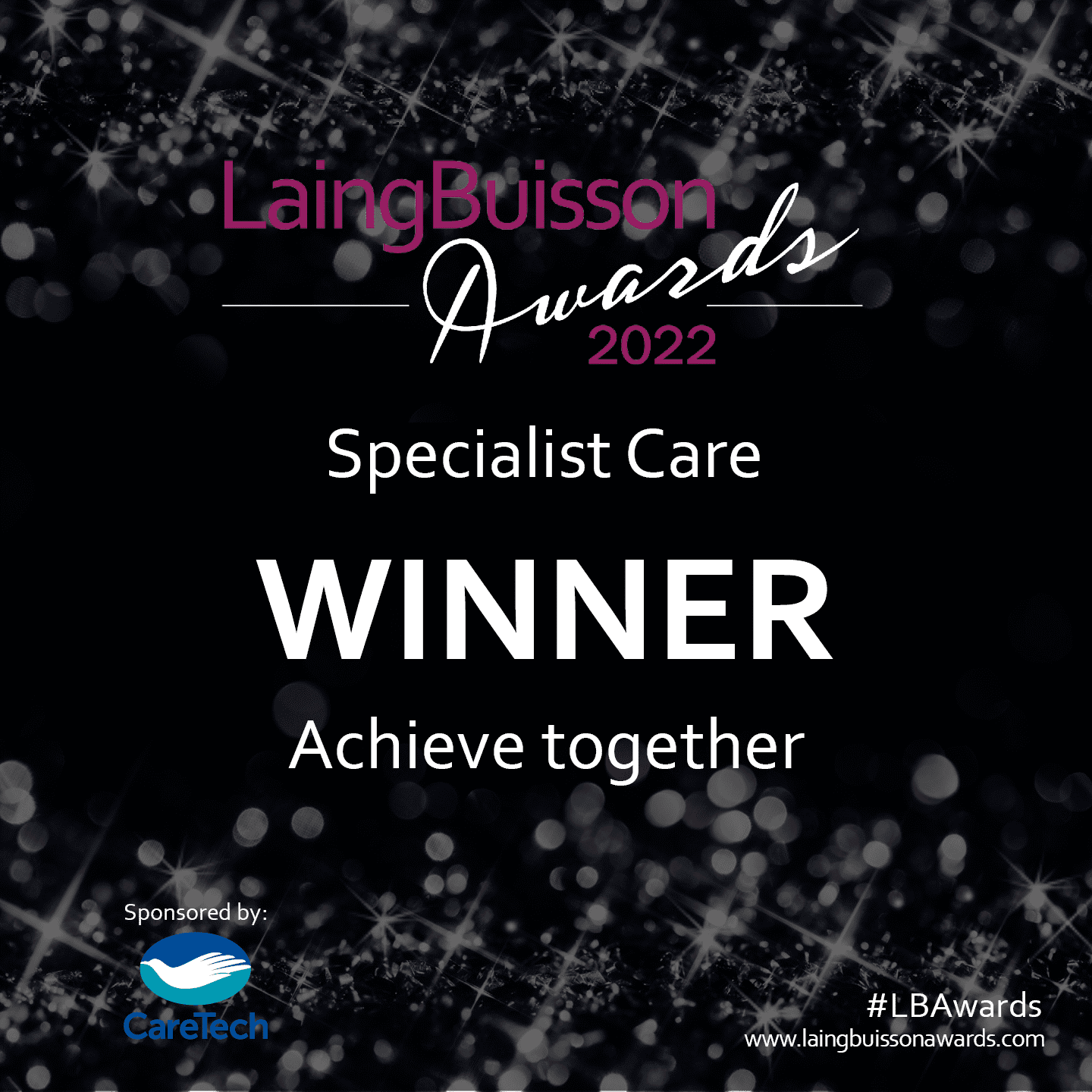Michael Fullerton, Director of Health and Wellbeing at Achieve together, says now is the time to empower, not marginalise, people with learning disabilities.
Put simply, the COVID-19 pandemic has illuminated the stark realities of the marginalisation of people with learning disabilities and, therefore, the sector itself.
As we begin to catch a glimpse of the light at the end of the COVID-19 tunnel, now is an opportune time to use the learnings of the last year to shine the right spotlight on the sector and put the brilliant people with learning disabilities front and centre stage.
Throughout the pandemic, the approach to social care and the policies that followed often left people with learning disabilities, and the sector, side-lined or left behind. This has largely been due to there being too much of a blanket approach to the varying social care settings, or on other occasions the specialist support sector and the needs of its people being somewhat overlooked. For all corners of the social care sector to deliver the best possible provision, there must be a more personalised, responsive approach which takes all aspects into account.
One of the stand-out examples of discrepancies between the wider social care sector and the learning disability sector during the pandemic has been the recent vaccine roll-out. Whilst people living in elderly residential settings and their staff were high on the priority list for the vaccine, the grouping criteria created arbitrary distinctions between those who have ‘severe and profound’ learning disabilities, in contrast to those with ‘mild or moderate’ learning disabilities. This left a large proportion of people with learning disabilities unvaccinated, and therefore unprotected, for too long.
This was despite clear evidence demonstrating how vulnerable those with learning disabilities are. A report from Public Health England found that the rate of COVID-19 deaths for people with learning disabilities is six times greater than the general population, while the 2020 LeDeR Review highlighted that 65% of people with a learning disability who died with suspected or diagnosed COVID-19 had a mild or moderate learning disability.
Meanwhile, the priority groupings did not consider other related factors, including that many people with learning disabilities live in shared residential settings, often meaning that only a proportion of people living under one roof had received the vaccine and therefore were protected, with others left waiting.
Another example is the recently released roadmap out of lockdown, which includes people in care settings receiving visitors from 8th March, which we really welcome in principle. However, the timeframe set for this has largely been based on the understanding that the majority of elderly residents will have received their vaccinations and therefore be protected. The timeframe does not, however, account for many of those with learning disabilities in care settings still not having received their vaccine and therefore not being protected in the same way.
For too many years, those with learning disabilities have been spoken about, rather than to, when it comes to issues impacting them. As we look ahead to the coming months, and despite writing this piece on behalf of the people we support, the focus must now be on bringing them in to the conversation – with a permanent seat at the table – if we are to turn these learnings into meaningful, positive change.
Many of the people Achieve together supports are passionate about issues that impact on both them and the sector, and we make sure that their voices are at the heart of every decision we take as an organisation too. Campaign4Change, a self-advocacy group Achieve together has partnered with, has campaigned on numerous issues, from accessibility to changing the language used around learning disabilities. These are who decision-makers need to be talking to when making choices that impact
on their lives.
As we move forwards into eased restrictions, for those Achieve together supports and many more people with learning disabilities, the return to ‘normality’ will be a big adjustment requiring careful planning and gradual changes.
A large element of our work now is preparing people for the return to a busier and more sociable life. To help with this transition, we have been hosting virtual chat events, again putting people at the centre of the discussion around their plans and feelings about what life will look like next. We have also appointed two relationship advisers and part of their role in the short term will be to support people to re-enter ‘normality’ in a way they feel safe, supported and empowered.
Our approach to providing the best specialist support is all about co-production: it is only when we have involved not just the person but their families and their wider support networks in the decision-making process, that we can be confident they will be supported to live happy, healthy and meaningful lives. Looking ahead, the same collaborative and personalised approach must be followed, if we are to take the temporarily, for many life-changing, learnings of the last year, to really help protect and change lives for the better.

